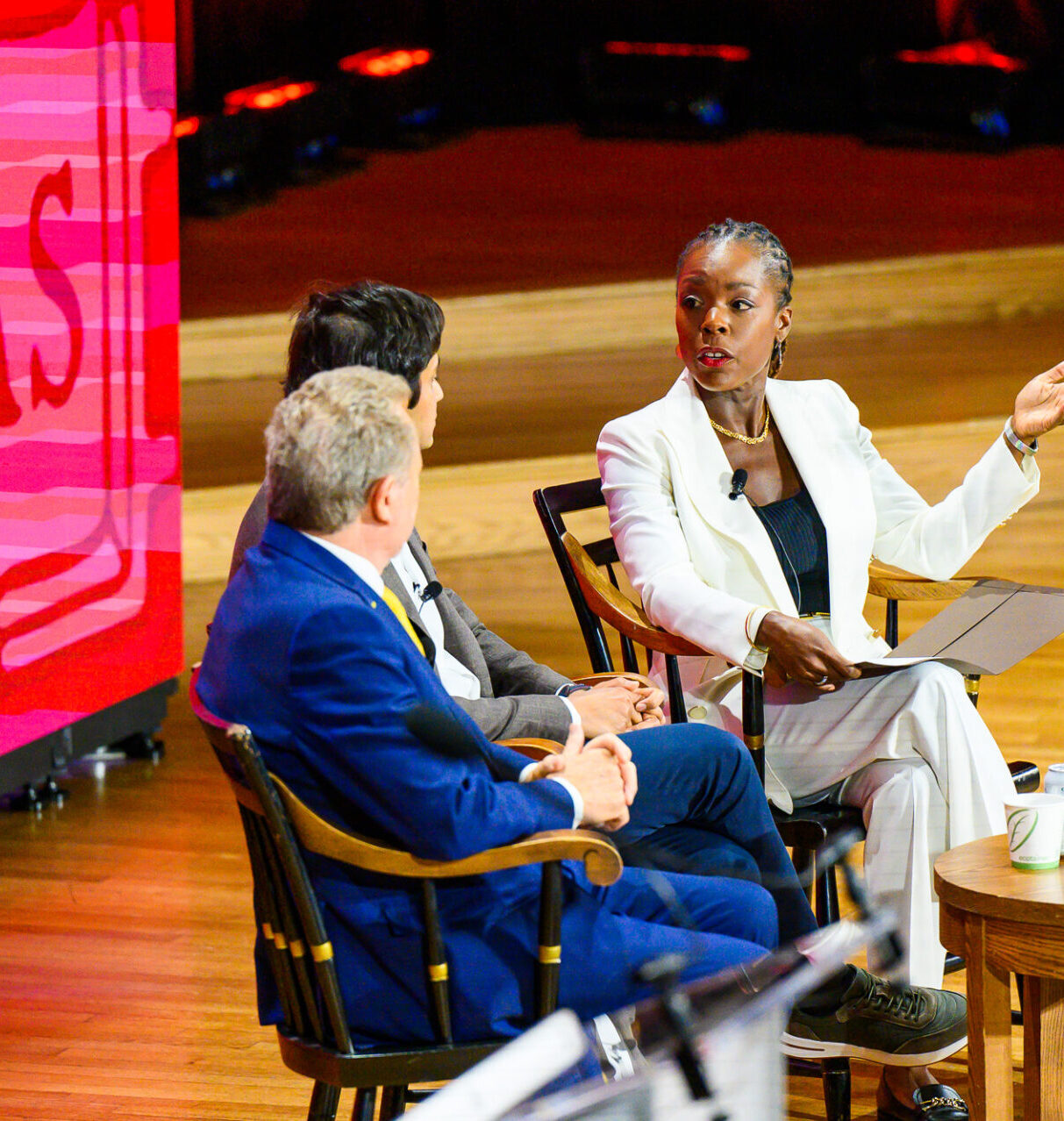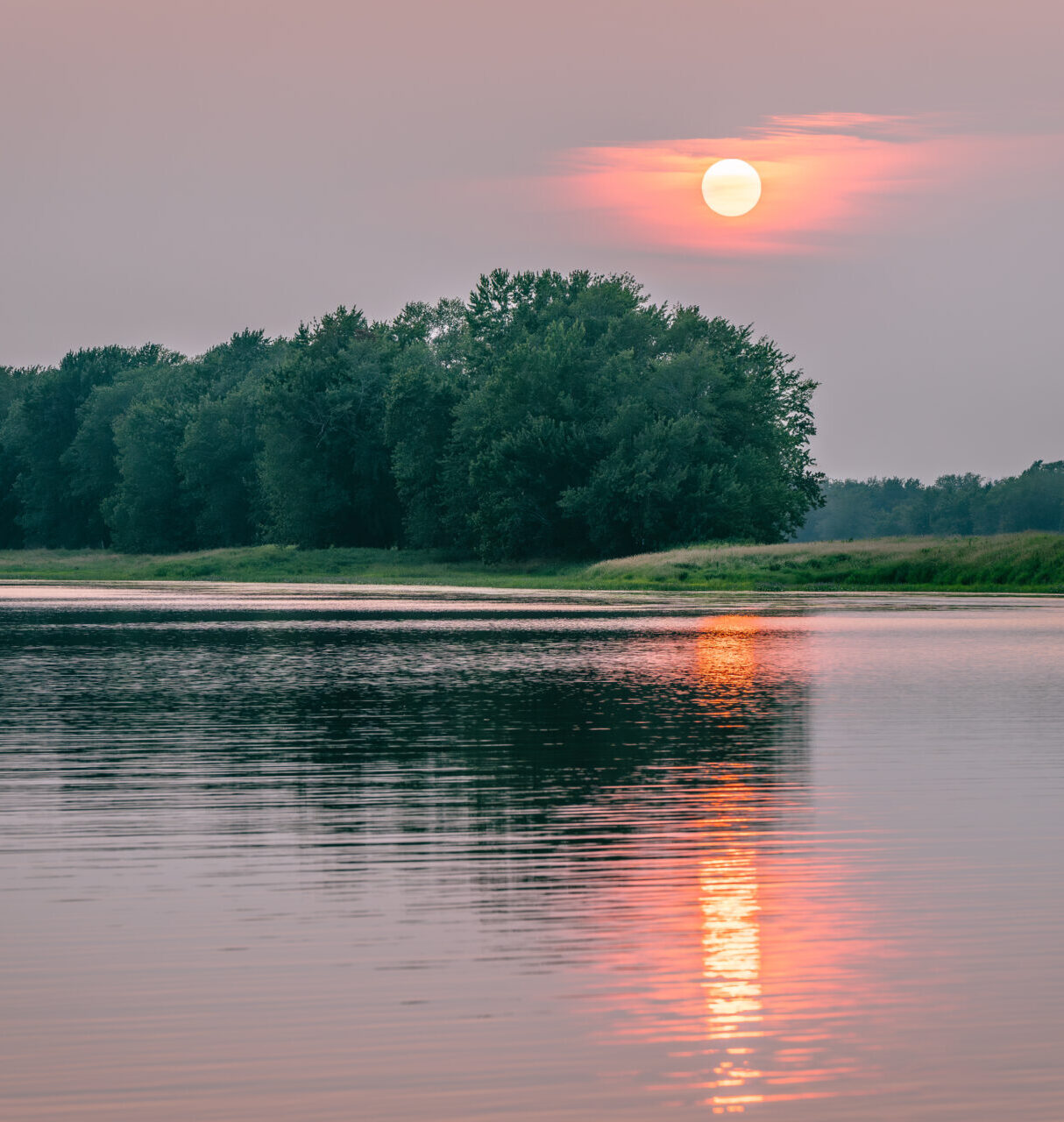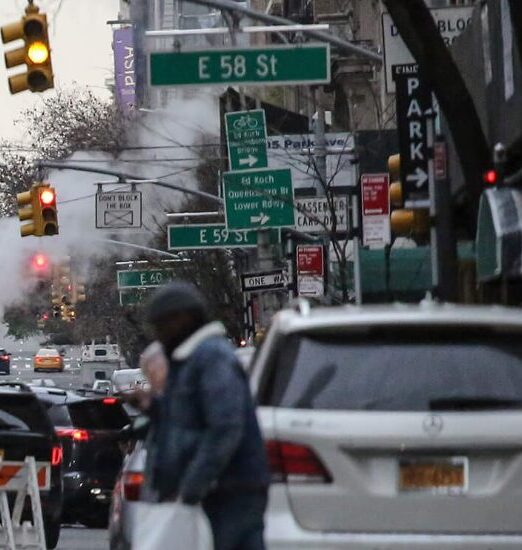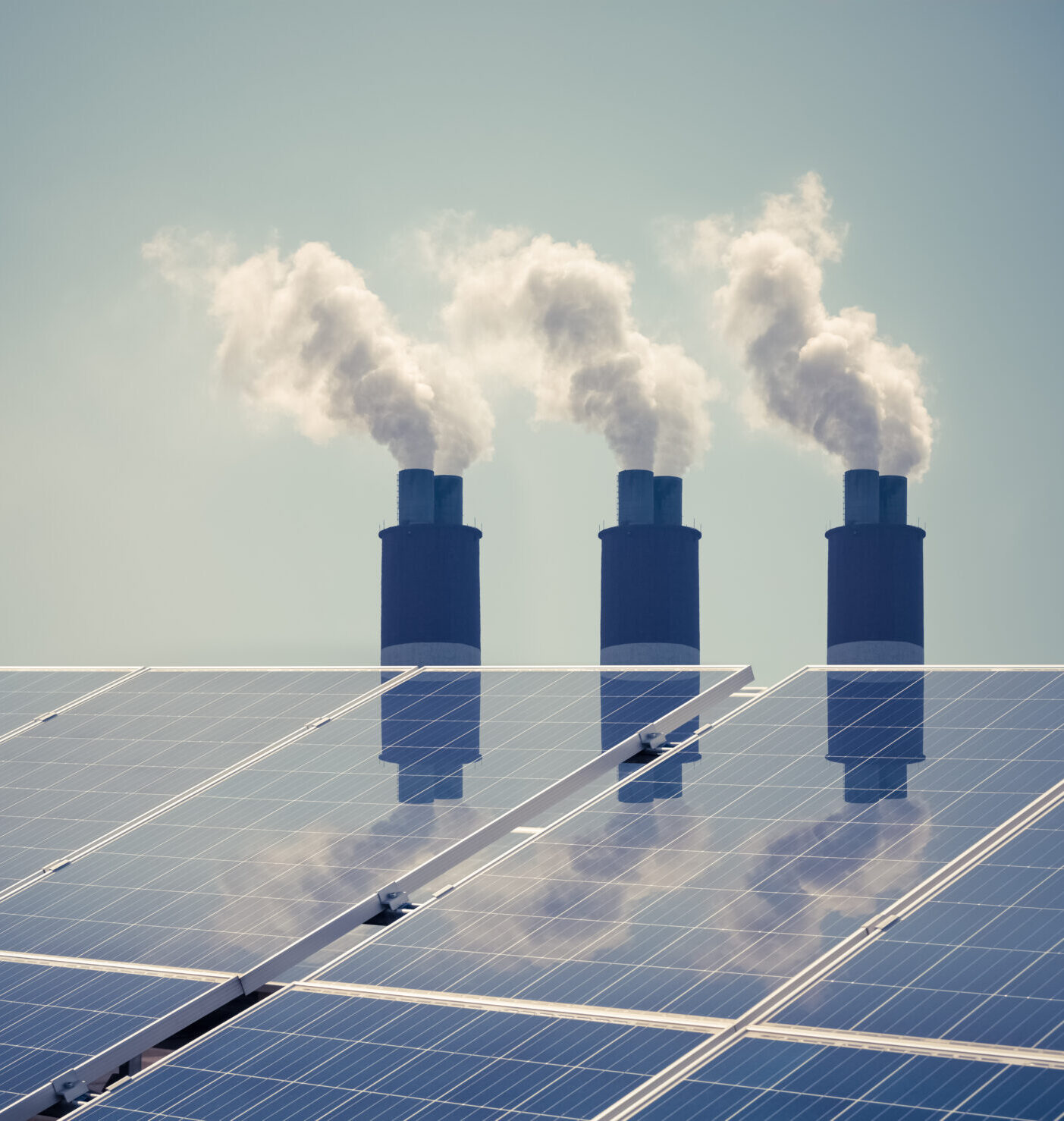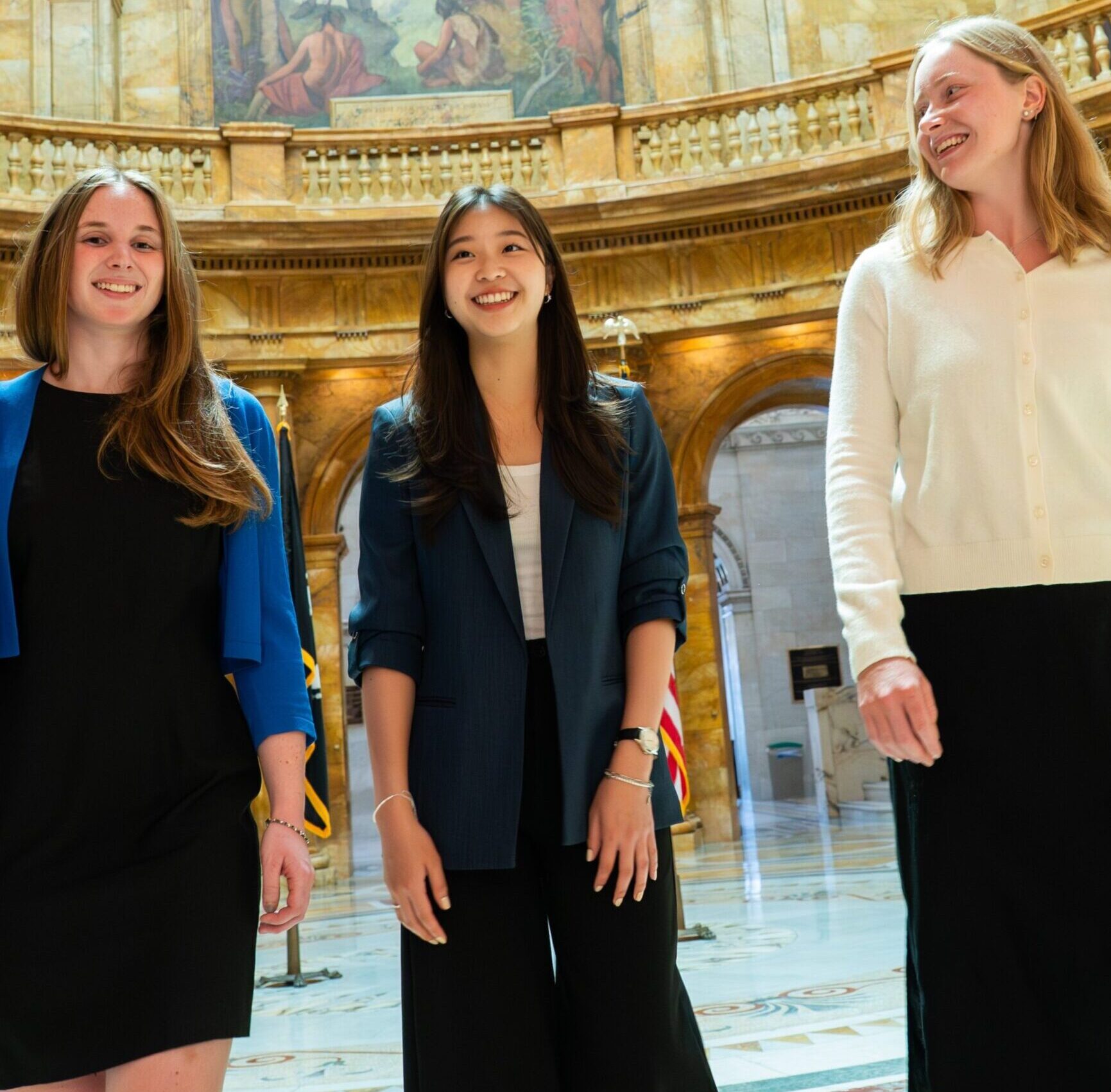Wildland fire smoke in the Southeastern United States: Impacted populations, land management concerns, and climate-driven changes
Friday, Nov 08, 2024, 12:00 pm - 1:00 pm
Pierce Hall, 100F, 29 Oxford Street, Cambridge
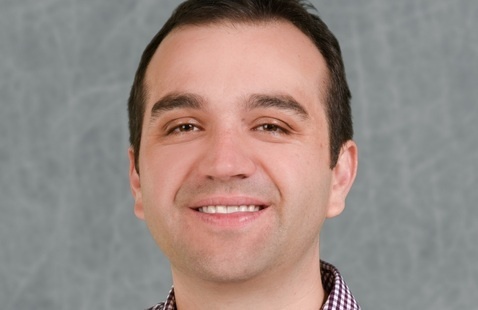
Fernando Garcia Menendez (Associate Professor in the Department of Civil, Construction, and Environmental Engineering at North Carolina State University)
Wildland fires are among the largest sources of atmospheric emissions in the U.S. and their relative contribution to air pollution is expected to grow as emissions from other sectors decrease. In the Southeastern U.S., prescribed fire is used extensively to reduce fuel loads and mitigate the risk of hazardous wildfire. However, the Southeast also includes one of the largest wildland-urban interfaces in the country with millions of residents living near fire‐prone areas. Here, the unaligned goals of air quality managers and prescribed fire practitioners present an important challenge. Our research group uses computational modeling and data analysis to simulate the interactions between air quality and socio-environmental systems with the aim of informing decision-making. In this presentation, I will share findings from ongoing efforts to study the links between the public health objectives of air quality engineering and the natural resources objectives of land management in the Southeastern U.S. The research finds a substantial influence of prescribed fire on pollutant concentrations in the region, with significant potential consequences on public health. These smoke impacts can affect areas with higher social vulnerability and larger fractions of African American residents. We further develop modeling approaches to compare air pollution from wild and prescribed fire, and show that the benefits of reducing wildfire severity through prescribed fire treatment can outweigh the air pollution impacts associated with burning. However, we also find important limitations in the tools most often used by fire practitioners to control smoke impacts. Finally, I will discuss assessments of public and land manager perceptions of fire and smoke in the Southeast and model-based projections of how climate change may influence prescribed fire and air pollution in the region.
Register
Wildland fires are among the largest sources of atmospheric emissions in the U.S. and their relative contribution to air pollution is expected to grow as emissions from other sectors decrease. In the Southeastern U.S., prescribed fire is used extensively to reduce fuel loads and mitigate the risk of hazardous wildfire. However, the Southeast also includes one of the largest wildland-urban interfaces in the country with millions of residents living near fire‐prone areas. Here, the unaligned goals of air quality managers and prescribed fire practitioners present an important challenge. Our research group uses computational modeling and data analysis to simulate the interactions between air quality and socio-environmental systems with the aim of informing decision-making. In this presentation, I will share findings from ongoing efforts to study the links between the public health objectives of air quality engineering and the natural resources objectives of land management in the Southeastern U.S. The research finds a substantial influence of prescribed fire on pollutant concentrations in the region, with significant potential consequences on public health. These smoke impacts can affect areas with higher social vulnerability and larger fractions of African American residents. We further develop modeling approaches to compare air pollution from wild and prescribed fire, and show that the benefits of reducing wildfire severity through prescribed fire treatment can outweigh the air pollution impacts associated with burning. However, we also find important limitations in the tools most often used by fire practitioners to control smoke impacts. Finally, I will discuss assessments of public and land manager perceptions of fire and smoke in the Southeast and model-based projections of how climate change may influence prescribed fire and air pollution in the region.
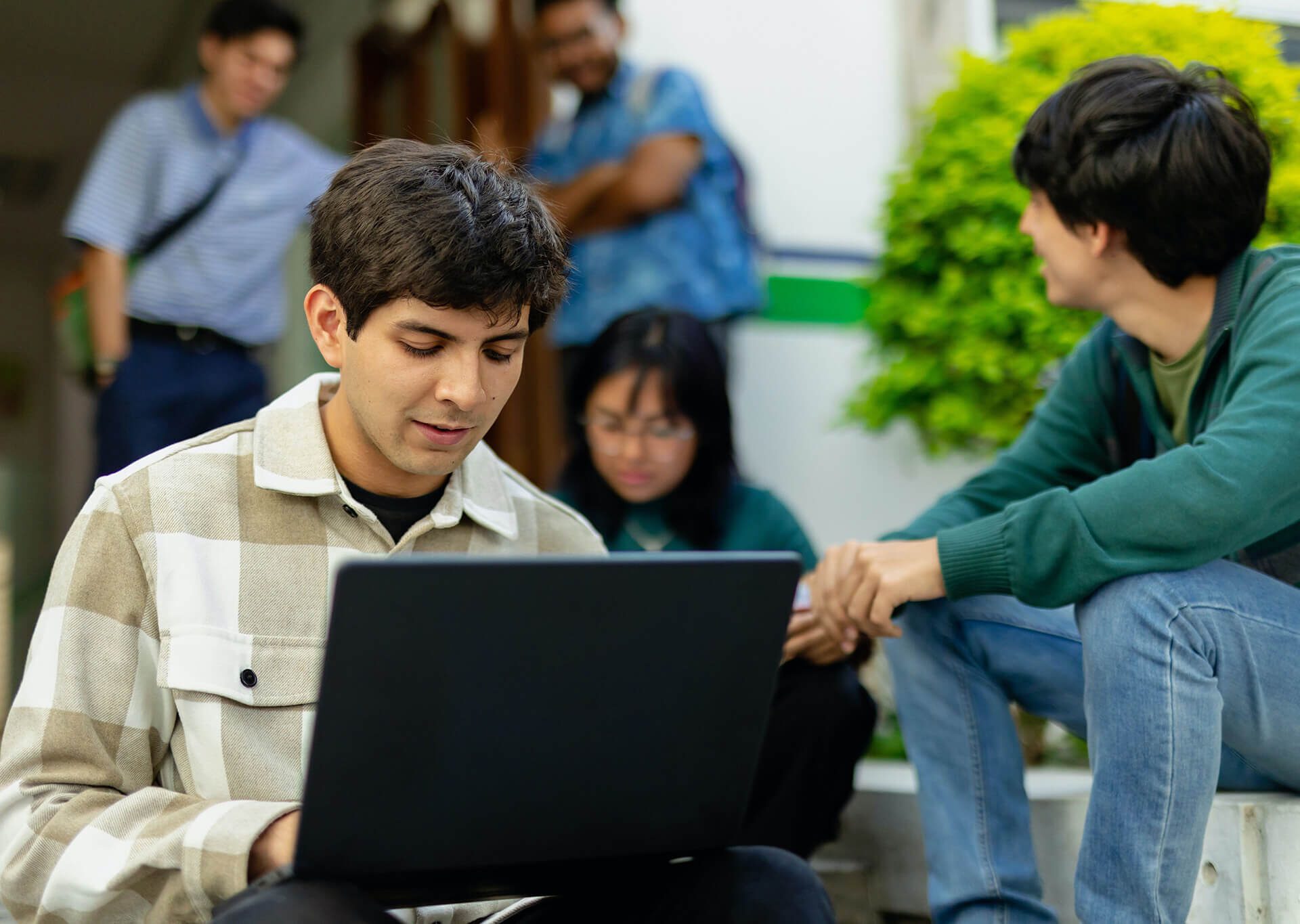
ADD YOUR EVENT TO THE SALATA CALENDAR
Are you hosting a Harvard-affiliated event that is related to climate change and/or sustainability? Please submit your event to the Salata Institute event calendar using this quick form! We look forward to sharing your event with the Harvard community.
Submit Your Event
